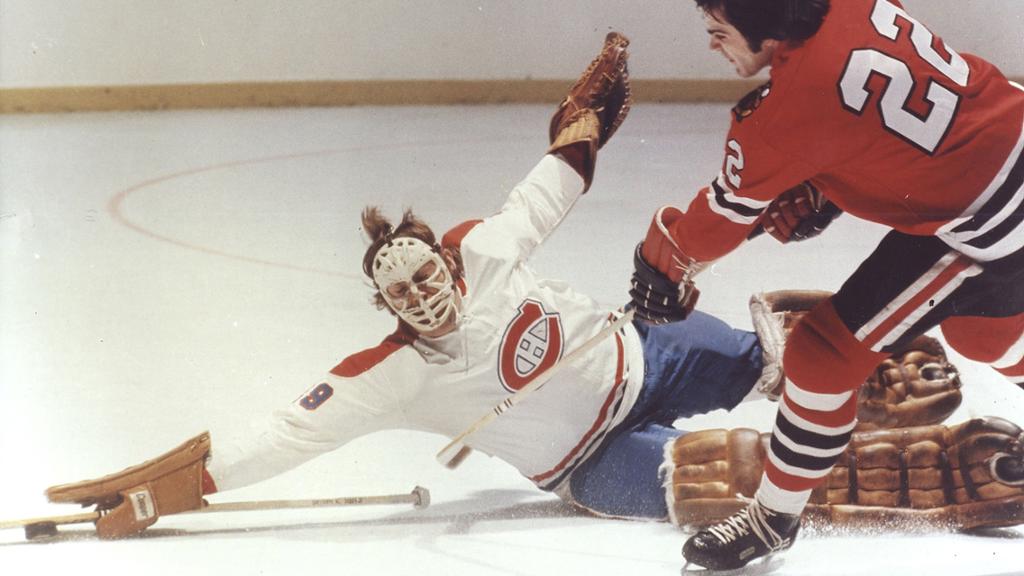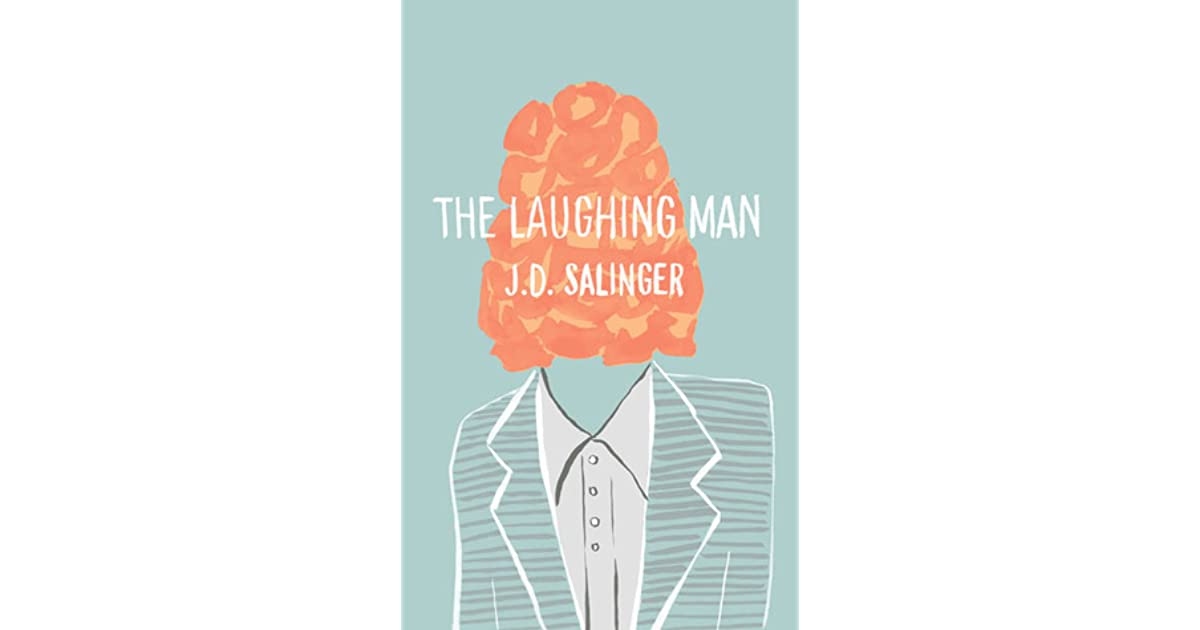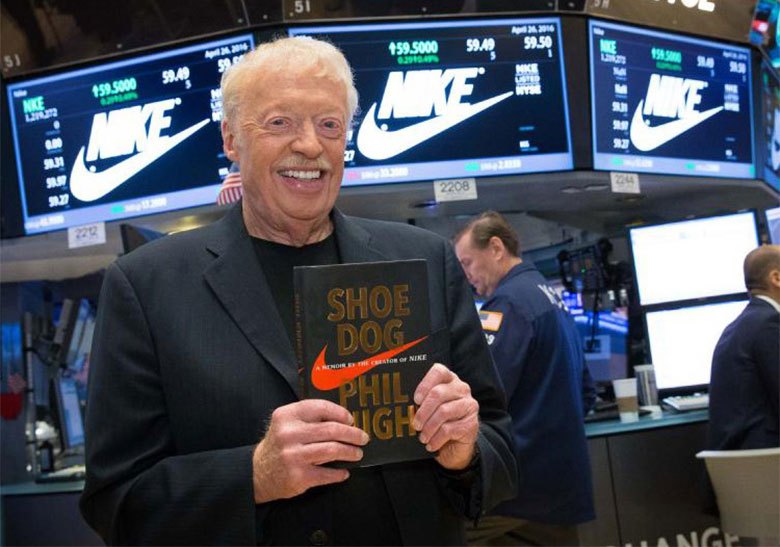
Since the Korean Baseball League got underway and the Bundesliga resumed, both without fans in attendance, I’ve been thinking about Guy Debord’s seminal text The Society of the Spectacle. Debord brings to the forefront the notion that the spectacle, widely defined, is a tool used by the oppressor to keep the masses in line.
Debord writes, “Spectacle is the sun that never sets over the empire of modern passivity.” And later: “The spectacle is the guardian of sleep.” In Debord’s eyes, the spectacle keeps people complacent. It keeps revolution at bay. It prevents people from waking up; from working together to usurp the systemic powers that keep them subjugated.
Jean Baudrillard wrote about this idea extensively too. Essentially, why do people live and die for sports, why do they religiously watch a race car circle a track two hundred times, yet can’t be bothered to vote?
If this is true, and sport is the ultimate spectacle, the perfect way to placate millions of citizens, then what does it mean when those spectacles carry on in and of themselves while no one is in attendance? Are they still spectacles?
This is, essentially, what all sport playing nations around the world are currently considering, in the midst of the ongoing global pandemic. Is it worth it to reopen leagues if no fans can attend?
Clearly the Korean Baseball League and the Bundesliga felt so. In fact, I’ve been taping the KBO games from the middle of the night, then idly keeping them on in the background while I go about my day. The cardboard cutouts of fans behind the backstop blew me away. While the games have been entertaining, and I’ve enjoyed learning about the different rules (such as games end in a tie after 12 innings!), the spectacle is what most interests me.
For instance, check out what German club Borussia Mönchengladbach (currently 3rd in the Bundesliga) has done. Unbelievable.
So if the spectacle must go on, with cardboard cutouts in place of intensely devoted fans (the Bundesliga regularly tops annual European football attendance), one wonders what the spectacle has become?
When Debord and Baudrillard were writing, the ability to watch a football game on television didn’t equate to what it is now. Sport reaches the masses a hundredfold now compared to then. And without television contracts being what they are, and without the ability for anyone in any remote corner of the world to watch Bundesliga games with the proper hookup, I imagine the discussion to reopen professional leagues would be nonexistent. It’s hard to imagine superstar athletes dressing up if television didn’t exist, and absolutely no one, and I mean no one, outside their own essential club workers was able to see them play.
And yet, I like to think that they would.
One part of me fawns over the notion that, with no fans in attendance, the unthinkable pressure to perform might be lifted just a little for athletes, and they could return to what got them playing in the first place, as young children: unbridled joy.
Minnesota Vikings quarterback Kirk Cousins even hinted at this, claiming games without fans “would be kind of refreshing.” You can read about it here.
Fans or no fans, spectacle or no spectacle, unquestionably the distraction and entertainment that comes with watching a live sporting event on television is something that the world could sorely use right now. Even if the spectacle has the adverse effect of keeping us complacent, it likewise has the therapeutic effect of giving us common ground to stand on, and something to do and talk about. And, simply, the value of being otherwise engaged mentally should not be underestimated. It is debilitating to sit around and think about the state of the world all day.
And yet, watching the Bundesliga, and the KBO, I felt there was still something missing (and I don’t just mean the fans!). To try to figure it out, I picked up Eduardo Galeano’s Soccer in Sun and Shadow, one of the all-time great soccer texts, and one of its most political to boot. I had been wanting to read this book for years, and boy did it live up to expectations.
The book is a fascinating tour de force through the history of soccer, literally. From thousand year old mural fragments at Teotihuacán, to the 2010 World Cup, Galeano devotes individual chapters to essentially any element of soccer anyone would care to know about.
Chapter titles early in the book, such as “The Goalkeeper,” “The Fan,” and “The Rules of the Game” chart how the globe’s modern obsession with football became actualized, while later chapters such as “Goal by Martino,” “Cruyff,” and “Di Stéfano” focus in on some of the sport’s most memorable moments and its greatest figures.
In between, there are detailed accounts of every World Cup, from the first in Uruguay in 1930, to the 2010 World Cup played in South Africa. The World Cup chapters, moreover, give the book a recognizable structure, and a stunning evolution, as Galeano begins each of these chapters recounting the concurrent global atrocities at the time each Cup was played. The atrocities are shocking, and it makes one realize (if one didn’t, for some reason, already) that the history of modern civilization is a relentlessly war-torn one.
Galeano likewise exposes the rampant historical corruption throughout soccer’s various governing bodies, and Galeano bemoans, repeatedly, the mutation of soccer from a schoolyard game to a multinational corporation. “The history of soccer is a sad voyage from beauty to duty,” Galeano writes.
Of course, Galeano was one of Uruguay’s most celebrated political writers (both as a journalist and novelist). It therefore makes sense that this indictment of global football would be an undercurrent throughout the book. Yet balanced alongside each hard-to-swallow tale is Galeano’s attempt to capture the pure elation of football I mentioned earlier. And this is what makes the book so magical. It is simultaneously a scathing indictment of what modern sport has become, while also a celebration of the unadulterated joy only sports seem to bring.
While the book has been properly celebrated and given its due, regularly appearing on lists of the greatest sports books of all time, possibly because the book is as much about politics as it is about soccer, Soccer in Sun and Shadow still resides under the radar. Generally only well-read soccer fans know of it. The pandemic is a perfect time to amend that.
I can’t think of another sports book that so creatively, poetically even, comments not only on global state of affairs, but on how integral sports are to our lives, how beautiful athletic feats can be, all the while acknowledging sports’ function as a tool of oppression, but a tool of oppression marginalized societies eventually break through and employ to their own advantage. The cross cultural ramifications of soccer arriving to South America, and the first South American teams traveling to play in Europe, were immense. Galeano is up to the task.
So if you find yourself yearning for sport, but can’t be bothered to watch a match in the silence of stadiums packed with cardboard cutout fans, read Galeano’s book instead. There is no better time than now.




